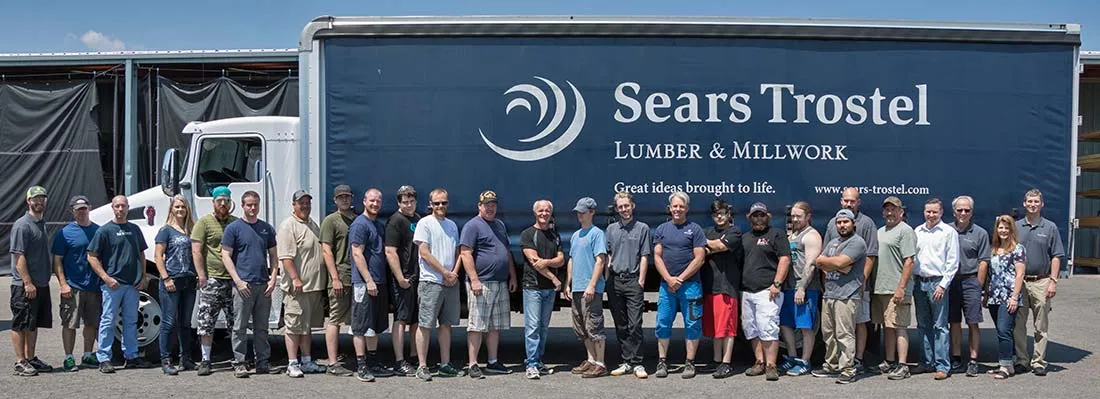Table of Contents
The impact of accelerated change in business is undeniable. This accelerated change impacts just about all industries, functional areas, and job roles; however, it is quite possibly the world of sales in which we find some of the greatest disruption and need for evolution. Research shows that since the turn of the last century, the trend in cost of sales has increased substantially for more than half of the largest companies in the U.S. Previously, scale economies in sales were almost a given, in that most companies were growing revenue at an annual rate that was much higher than the associated sales and marketing expenses.
Clearly, this is no longer the case, and this trend reversal can be attributed, to a large degree, to the new level of complexity facing sales professionals in today’s business environment. This new level of complexity is fueled by the reality that the buying process has become much more sophisticated and customers have an expectation for value that extends well beyond the features and benefits of any particular product or service.
Long before the buyer is introduced to the sales professional, he/she is likely to be fully aware of the features and benefits of the product/service offering, what competitors offer as alternatives, and reviews from other companies that have previously engaged the vendor/supplier. Therefore, today’s successful sales professional can no longer expect to show up, fill the room with personality, and win based on a persuasive presentation of features and benefits. To be successful, today’s sales professional must serve as a business consultant and partner and help the company hone its competitive advantage by clearly conveying deep, contextual knowledge of the customer organization’s needs, competitor activity, trends in the customer’s customer base, and how the product/service being offered will address strategic issues and provide real ROI.
The sales professional today must be willing and able to take on the added burden of helping customers navigate the complexities of their consistently changing realities and business needs. Caliper’s extensive research in sales performance points to the need to greatly expand the traditional hunter/farmer conception of sales and to consider a wider range of sales-related functions that are more in line with how customers buy in today’s complex environment. This research has involved scores of companies and thousands of incumbent sales professionals across a wide range of industries.
Caliper has studied and helped companies hire successful salespeople for almost 60 years, and within that time, has come up with the following validated job models for sales. What drives sales success is now much more nuanced and reflective of the changes in today’s market and sales environment.
Each of the following job models for sales has a specific blend of competencies that have been scientifically linked to sales success:
- Sales Hunter
- New Business Development
- Account Development
- Account Service Specialist
- Consultative Sales
- Technical Sales
- Strategic Sales
- Sales Management
Of these sales job models, Caliper has found that Consultative Sales and Technical Sales have been most closely aligned with success in the wholesale lumber industry.
Consultative Sales
This category of sales professional reflects the more recent trends in the world of sales, where more customers expect to partner collaboratively to develop solutions to pressing business problems.
Top performers typically win business by consulting with customers in order to understand their needs and provide solutions that effectively address those needs. They establish and strengthen working relationships based on mutual trust and shared accountability, which allows them to ask probing questions and to systematically uncover root causes of stated issues. In addition to the typical sales competencies of persuasiveness and resiliency, they exhibit a desire to develop common goals and objectives with the customer. Related to this, they are motivated to provide insight or create tangible value relevant to both the bottom line of the company and the organizational status of primary decision makers. The competencies that support performance in this area include:
- Strong interpersonal sensitivity
- Active listening
- Relationship building
In addition, top performers show a strong sense of accountability, whereby they take full ownership of issues, problems, and opportunities in order to generate a sense of shared purpose.
Technical Sales
Professionals who serve in sales roles grouped under the heading of “Technical Sales” generate opportunities by leveraging technical expertise and product- or industry-specific knowledge. An individual in this role may be the primary salesperson in a technical sale or act as a subject-matter expert working with another sales professional.
Technical Sales professionals leverage their expertise to build credibility and gather important information or specifications, which allows them to propose targeted solutions and ultimately close the sale. These types of professionals often hold the title of sales engineer or product sales representative.
This type of role requires strong performance in some core sales competency areas, such as:
- Influence and persuasion
- Relationship building
- Information seeking
- Negotiating
However, for this role, greater emphasis should be placed on such competencies as:
- Analytical thinking
- Business acumen
- Learning agility
As the world of sales continues to evolve, one thing is becoming quite clear: the boundaries that once dominated thinking in the world of sales roles is no longer a valid approach to understanding sales.
Buyers now have the capacity to conduct research on products/services and the vendor company. They can easily obtain feedback from previous buyers who have engaged the vendor company and the sales professional, as well as the number and quality of competitors. In short, buyers now do the prep work that replaces the features and benefits salesperson. Conversely, the sales professional is now expected to do the homework that was once the purview of the buyer.
Therefore, today’s sales professionals should expect to function as knowledge brokers, bringing insight and wisdom to the customer that differentiate themselves and their companies, not simply as vendors of choice, but as true strategic partners.









